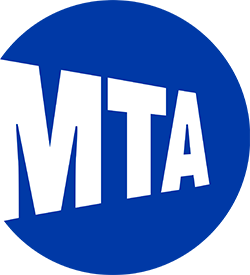You might not qualify for workers’ compensation if you had a workplace accident while drunk or high. While New York workers’ compensation is a “no-fault” benefit, meaning you can usually receive compensation even if the accident is your fault, intoxication may serve as an exception.
While the New York Workers’ Compensation Board does not require drug testing, neither does it bar employers from demanding one. Many employers demand a drug test as a matter of routine after an accident, usually within 12 hours of the incident. Some will require you to get it done even before receiving treatment unless the accident is so severe that you’re whisked away to the ER before it becomes an option.
Fail it, and your benefits may be denied.
Intoxication Must Be the Cause of the Accident
There is one bright spot for employees who might have a drug or alcohol problem, for those who use marijuana while off-duty (it can remain in the bloodstream long after the effects fade), or who must rely on certain prescription medications that are prohibited on the job. It’s also good news for individuals who end up with a false positive.
New York law does require employers to prove that the injury arose solely from the intoxication of the injured employee while on duty. If you were taking a prescription drug and can produce the doctor’s prescription, they may even have to prove they had a policy against using that specific drug or class of drug.
In other words, if you weren’t really high at work but had drugs in your system from the night before, you could still be eligible. If you were intoxicated but couldn’t have caused your injury—i.e., a piece of equipment suddenly shot off some heavy machinery and struck you, or someone else dropped something on your head—you may still be eligible.
The burden of proof lies on the employer, not on you. They must prove two things: that you were intoxicated at all and that the intoxication was the only cause of the accident.
While providing such proof might be difficult for them, they will certainly try.
Employers may still fire you for drug use on the job, regardless of whether they are forced to move forward with your workers’ compensation claim.
Get Help Today
1 in 25 people use marijuana at work, many to manage pain just so they can get through their days. 2.3 million employees drink before work, and about 8.9 million people admit they drink during the workday. One in ten full-time employees struggle with substance abuse. One in 20 people admit to showing up while impaired by prescription drugs. Many feel they have no choice.
Our job isn’t to judge you. Our job is to help you secure your workers’ compensation benefits. If you believe you’re going to have any problem doing that, contact our law firm for a free consultation today.
See also:
How Credibility Impacts Your Workers’ Comp Claim
The Impact of Fatigue on Workplace Safety
Safety Training and Education Can Reduce Workplace Injuries



